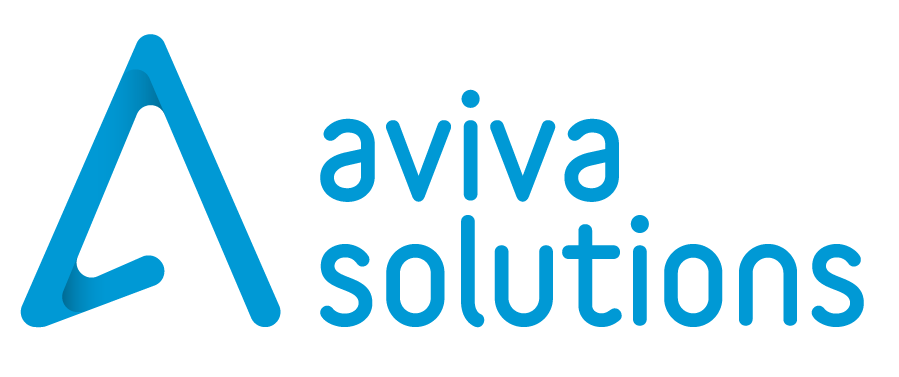From:https://csharpcodingguidelines.com/
| Coding Guidelines for C# 1.0 - 7.3 Cheat Sheet |
 |
|
Design & Maintainability
(level 1 and 2 only) |
|
Class Design
- A class or interface should have a single purpose (AV1000)
- An interface should be small and focused (AV1003)
- Use an interface to decouple classes from each other (AV1005)
- Don't suppress compiler warnings using the
new keyword (AV1010)
- It should be possible to treat a derived object as if it were a base class object (AV1011)
- Don't refer to derived classes from the base class (AV1013)
- Avoid exposing the other objects an object depends on (AV1014)
- Avoid bidirectional dependencies (AV1020)
- Classes should have state and behavior (AV1025)
- Classes should protect the consistency of their internal state (AV1026)
Member Design
- Allow properties to be set in any order (AV1100)
- Don't use mutually exclusive properties (AV1110)
- A property, method or local function should do only one thing (AV1115)
- Don't expose stateful objects through static members (AV1125)
- Return an
IEnumerable<T> or ICollection<T> instead of a concrete collection class (AV1130)
- Properties, arguments and return values representing strings or collections should never be
null (AV1135)
- Define parameters as specific as possible (AV1137)
|
Miscellaneous Design
- Throw exceptions rather than returning some kind of status value (AV1200)
- Provide a rich and meaningful exception message text (AV1202)
- Don't swallow errors by catching generic exceptions (AV1210)
- Properly handle exceptions in asynchronous code (AV1215)
- Always check an event handler delegate for
null (AV1220)
- Use a protected virtual method to raise each event (AV1225)
- Don't pass
null as the sender argument when raising an event (AV1235)
- Use generic constraints if applicable (AV1240)
- Evaluate the result of a LINQ expression before returning it (AV1250)
- Do not use
this and base prefixes unless it is required (AV1251)
Maintainability
- Methods should not exceed 7 statements (AV1500)
- Make all members
private and types internal sealed by default (AV1501)
- Avoid conditions with double negatives (AV1502)
- Don't use "magic" numbers (AV1515)
- Only use
var when the type is very obvious (AV1520)
- Declare and initialize variables as late as possible (AV1521)
- Assign each variable in a separate statement (AV1522)
- Favor object and collection initializers over separate statements (AV1523)
- Don't make explicit comparisons to
true or false (AV1525)
- Don't change a loop variable inside a
for loop (AV1530)
- Avoid nested loops (AV1532)
|
- Always add a block after the keywords
if, else, do, while, for, foreach and case (AV1535)
- Always add a
default block after the last case in a switch statement (AV1536)
- Finish every
if-else-if statement with an else clause (AV1537)
- Be reluctant with multiple
return statements (AV1540)
- Don't use an
if-else construct instead of a simple (conditional) assignment (AV1545)
- Encapsulate complex expressions in a property, method or local function (AV1547)
- Call the more overloaded method from other overloads (AV1551)
- Only use optional arguments to replace overloads (AV1553)
- Avoid using named arguments (AV1555)
- Don't declare signatures with more than 3 parameters (AV1561)
- Don't use
ref or out parameters (AV1562)
- Avoid signatures that take a
bool flag (AV1564)
- Prefer
is patterns over as operations (AV1570)
- Don't comment out code (AV1575)
Framework Guidelines
- Use C# type aliases instead of the types from the
System namespace (AV2201)
- Prefer language syntax over explicit calls to underlying implementations (AV2202)
- Build with the highest warning level (AV2210)
- Use lambda expressions instead of anonymous methods (AV2221)
- Only use the
dynamic keyword when talking to a dynamic object (AV2230)
- Favor
async/await over Task continuations (AV2235)
|
| Coding Guidelines for C# 1.0 - 7.3 Cheat Sheet |
 |
|
Naming & Layout
(level 1 and 2 only) |
|
Naming
- Use US English (AV1701)
- Don't prefix fields (AV1705)
- Don't use abbreviations (AV1706)
- Name members, parameters and variables according to their meaning and not their type (AV1707)
- Name types using nouns, noun phrases or adjective phrases (AV1708)
- Name generic type parameters with descriptive names (AV1709)
- Don't repeat the name of a class or enumeration in its members (AV1710)
- Avoid short names or names that can be mistaken for other names (AV1712)
- Properly name properties (AV1715)
- Name methods and local functions using verbs or verb-object pairs (AV1720)
- Use a verb or verb phrase to name an event (AV1735)
- Postfix asynchronous methods with
Async or TaskAsync (AV1755)
|
- Use an underscore for irrelevant parameters (AV1739)
Documentation
- Write comments and documentation in US English (AV2301)
- Document all
public, protected and internal types and members (AV2305)
- Write XML documentation with other developers in mind (AV2306)
- Avoid inline comments (AV2310)
- Only write comments to explain complex algorithms or decisions (AV2316)
Layout
|
|
|




